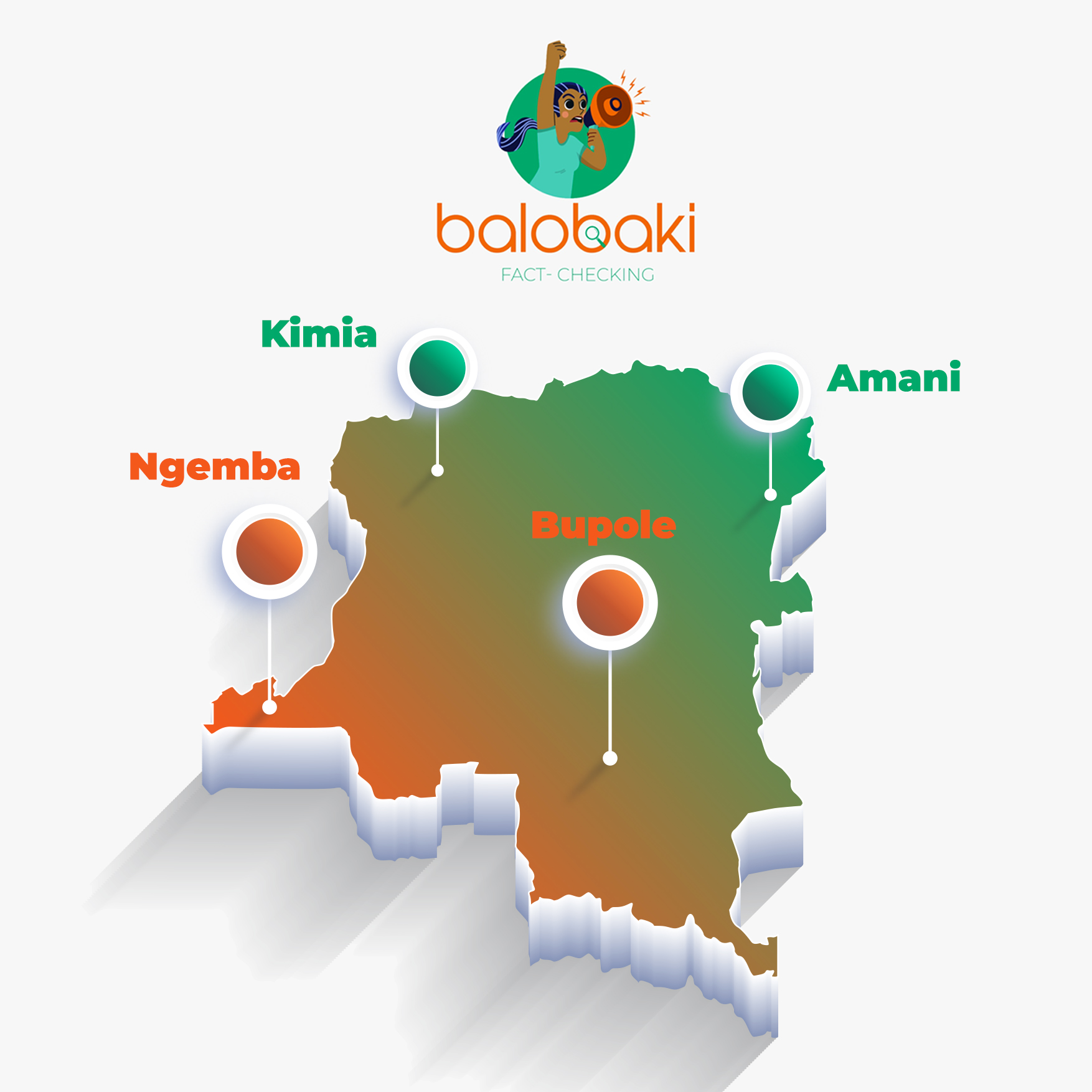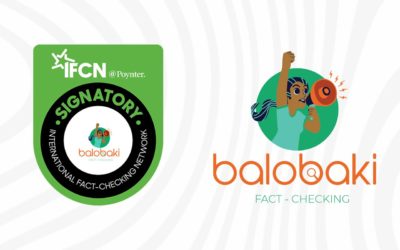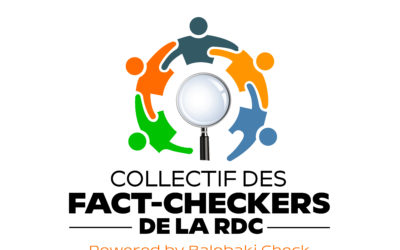The publication claims that Mrs. Kasalu, Tshisekedi’s mother, sent a message to the family. The voice message reads: “Let the whites come and decide between us. Don’t back down. Don’t negotiate, because the people of Kivu are not our brothers. And not even the people of Katanga. Why do you feel sorry for them? Do as I ask. Give the orders to bomb this whole area. God will take care of the rest and even those who come after. That is my order. We’re tired of Swahili speakers, their names, their characters and everything about them. Finish it off, don’t feel sorry for them”, the message says.
The audio continues: ‘’Any Kasaians who are still in Kivu, start evacuating. And even those who are in Lubumbashi, go home, there’s nothing to worry about. Let Félix bomb Katanga and the whole of Kivu, let’s start again from scratch, we’re tired. If you have to bomb the whole of Kivu, with all the inhabitants and all the objects, go ahead, President Félix. God is on our side”.
Tribal hatred is an offence in the DRC
Such tribal hate speech attributed to the mother of the Congolese head of state at a time of war in the Democratic Republic of Congo fuels tensions between different ethnic groups and leads to violence.
At the international level, Article 2 of the African Charter on Human and Peoples’ Rights states that “Everyone has the right to the enjoyment of the rights and freedoms recognised and guaranteed in this Charter without distinction of any kind, such as race, ethnic group, colour, sex, language, religion, political or other opinion, national or social origin, property, birth or other status”.
This refers to the principle that all human beings are equal in dignity and rights, with no one individual being superior to another, as stated in Article 2 of the Universal Declaration of Human Rights (UDHR).
In the DRC, tribal hatred is punished by Ordinance-Law No. 66-342 of 7 June 1966. ‘Anyone who, either by words, gestures, writings, images or emblems, or by any other means, manifests racial, ethnic, tribal or regional aversion or hatred, or commits an act likely to provoke such aversion or hatred, will be punished by penal servitude of one month to two years and a fine of five hundred to one hundred thousand francs, or by one of these penalties only’, it reads.
Have you noticed a piece of information that seems dubious on social networks?
According to the law firm Shematsi & Associates, contacted by Balobaki Check on 1 March, “the law is still in force because there has not yet been a law repealing these provisions”.
Furthermore, Article 51 of the Constitution encourages all ethnic groups to promote peaceful coexistence. It states that “the State has the duty to ensure and promote the peaceful and harmonious coexistence of all ethnic groups in the country”.
It also ensures the protection and promotion of vulnerable groups and all minorities. It shall ensure their development.
Article 66 of the same fundamental law adds that all Congolese have the duty to respect and treat their fellow citizens without discrimination of any kind and to maintain relations with them that enable national unity, mutual respect and tolerance to be safeguarded, promoted and strengthened. It is also their duty to preserve and strengthen national solidarity, particularly when it is threatened’.
The Catholic Church has condemned acts of tribalism
UN Radio relayed a statement issued by the bishops of the Congo National Episcopal Conference (CENCO). In this statement, which Balobaki Check also consulted, the church condemns the ‘hunting down and stigmatisation of Swahili speakers in Kinshasa’ and elsewhere. It expresses its concern at the resurgence of violence based on language use. The church says it fears this could ignite inter-community conflicts in the DRC.
They recommend that the Congolese government assume its responsibilities to ensure the protection of all sections of the population and to guarantee social cohesion and the common well-being of all races and ethnic groups in the DRC. ‘CENCO is all the more indignant to see certain ‘pastors’ or ‘gurus’ exploiting the platforms of their churches and other preaching settings to make speeches that incite stigmatisation, hatred and violence against other Congolese men and women because of their origin, language or morphology’, states the press release.
In conclusion, all ethnic groups must take action to combat tribal hate speech, as it threatens social peace and national cohesion.
This fact-checking article was written by the Balobaki Check team at a time of war in the east of the Democratic Republic of Congo.
To ensure the safety of our journalists, articles relating to the security situation will be signed by the editorial team.
Vous pouvez lire la version française
Attention, les discours de haine à caractère tribale fragilisent la cohésion nationale




0 Comments